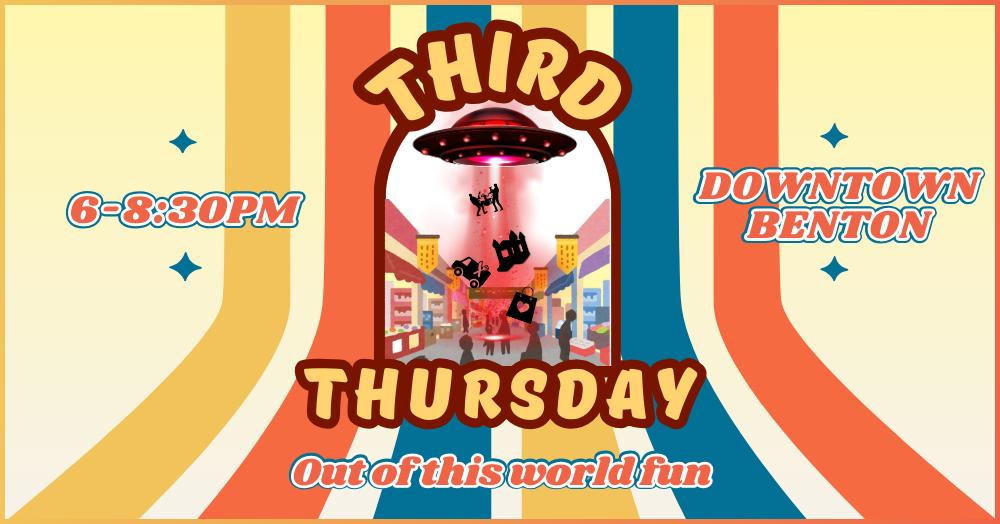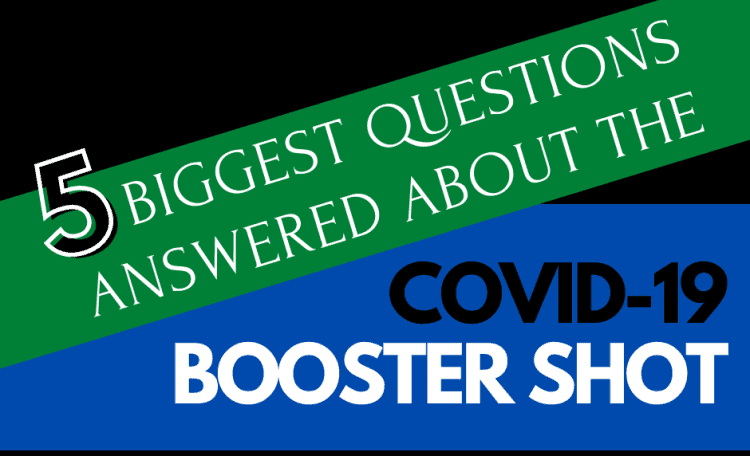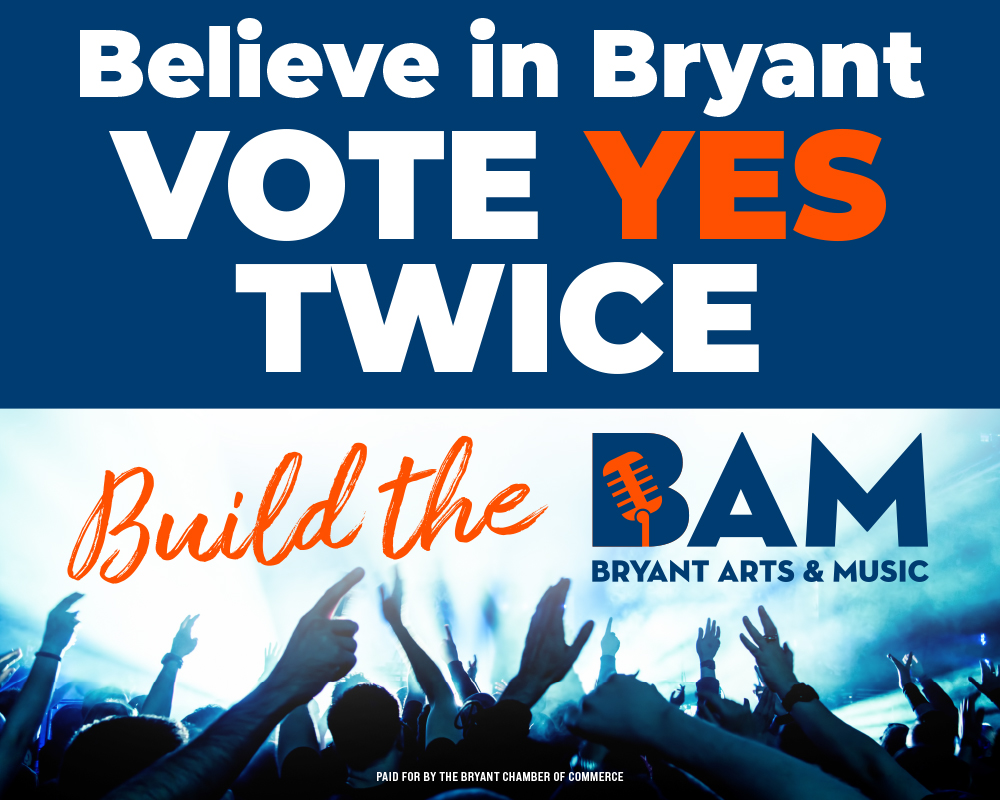With the rise of the omicron variant of COVID-19, the Centers for Disease Control and Prevention (CDC) has placed more importance on booster shots. Cases are on the rise in many cities across the country and since Arkansas been seeing daily increases of thousands of new cases, it might be time to consider getting a booster shot.
The CDC’s recommendations for Covid vaccines and booster shots have changed slightly since new variants like delta and omicron have been discovered. Staying in the know about vaccines and booster shots is becoming more and more crucial as variants and new symptoms continue to emerge.
To help resolve questions or concerns you may have about the booster shot, here are five of the most frequently asked questions about Covid booster shots and their answers, courtesy of the CDC. To read ALL of the questions and answers, visit www.cdc.gov/coronavirus/2019-ncov/vaccines/booster-shot.html.
1. Who should get a booster shot?
The CDC recommends that ages 12 and older receive a booster shot. The Pfizer-BioNTech booster shot has been approved for everyone aged 12 and older, but Moderna and Johnson and Johnson’s boosters have only been approved for use in adults ages 18 and older.
2. When should I get my booster shot?
For those who received both doses of the Pfizer vaccine, the CDC recommends getting a booster shot at least five months after receiving the second dose. For those who received the Moderna shot, the CDC recommends getting a booster shot at least six months after receiving the second dose. Since Johnson and Johnson’s vaccine is one dose, the CDC recommends getting a booster shot two months after receiving the shot.
3. How do I decide which booster to get?
Since all three boosters are approved for use in adults 18 and over, mixing and matching shots is okay. However, some pharmacies will only allow you to get a booster if it’s from the same company that your first doses were from. In the end, choosing a booster shot comes down to personal preference and local availability.
4. Why is a booster shot necessary if the vaccines are working?
The booster shot is meant to “boost” your immune system’s ability to protect against Covid. According to the CDC, health experts are seeing reduced protection against the virus in certain populations. The initial doses are still preventing severe illness, hospitalization and death, though, so the booster shot works to continue limiting the effects of the virus.
5. What are some of the risks to getting a booster shot?
People have reported that the booster shot has similar symptoms to their initial shot or shots. Headache, fever, fatigue and injection site pain are the most common side effects, and any others have been moderate. As with the first doses of the vaccine, severe side effects are rare, but still a possibility.
For help scheduling your booster shot or checking availability in your area, visit vaccines.gov. Choosing to get a booster shot will ensure that you’re further protected against Covid, and with emerging variants of the virus a booster shot is more important than ever.
Column by QualChoice Health Insurance. All source information courtesy of the Centers for Disease Control and Prevention (CDC) and the American Psychological Association.





